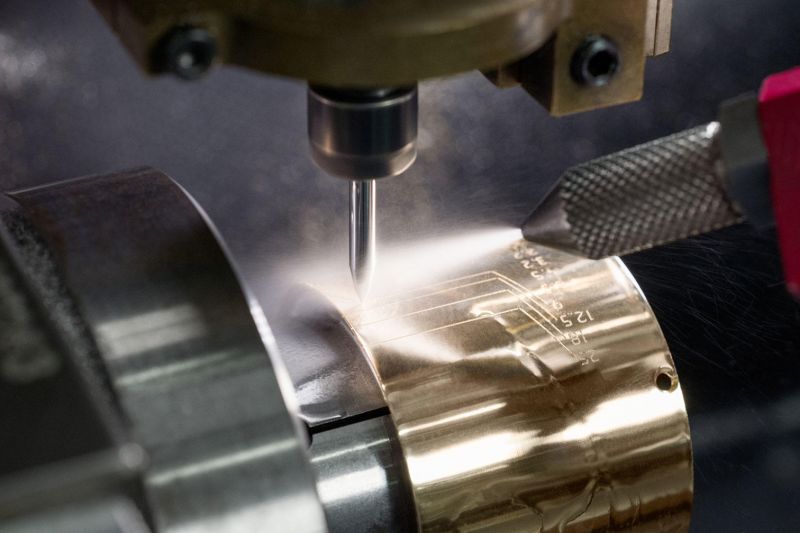
Soft focus effects have been used extensively in glamour portraiture because it diminishes the look of age lines and blemishes. Where modern digital lenses are designed with computers to minimize both spherical and chromatic aberrations, soft focus lenses embrace their optical ‘flaws’ to create an ethereal glow that harks back to the golden age of Hollywood.
[REWIND: Using Social Media To Cast And Produce A Fashion Editorial | How I Shot It]

The community around soft focus lenses is almost cult-like. There are photography groups that faun over classic lenses like the Canon EF 135mm lens f/2.8, the Mamiya RZ67 180mm f/4.0 Soft Focus, the Pentax SMC 28mm f2.8 FA, and the not to mention the popular Lensbaby Velvet 56mm lens.
The most sought-after soft focus lens for collectors has to the 1930s Leitz-designed Thambar 90mm f2.2, for Leica. With an original production run of 3000 units made, Leica is resurrecting the Thambar for the modern age.


“The name Thambar has always been preceded by the adjective ‘legendary’ – rightly so,” says Dr. Andreas Kaufmann, majority chairman of the supervisory board of Leica Camera AG. “It portrays people with a wonderful aura, in a romantic way…”

The original design of the 1930s cult-classic has been preserved for the modern reboot. The minute details from the black paint finish to the aperture engravings in red and white are nearly identical to the Thambar 90mm that preceded it over 80 years ago. With only slight modifications made to keep with the design of modern M-Lenses – including an added single-coating to protect the glass against environmental influences and surface corrosion.

Leica THAMBAR-M 90mm f/2.2 lens features:
- Dedicated to producing soft focus imagery, this unique lens can be used in conjunction with the included center spot filter to increase the drama of the dreamy effect for striking, ethereal image quality.
- Based on the original Thambar from the 1930s, this updated version uses the same optical layout but features a single protective coating on the glass elements to guard against corrosion.
- Deliberate under-correction of spherical aberration, along with a 20-blade diaphragm, produce a circular rendition of out-of-focus highlights along with an overall diffuse quality that becomes more exaggerated towards the edge of the frame.
- Short telephoto focal length and bright f/2.2 maximum aperture are ideal for portraiture and isolating subject matter using shallow depth of field techniques.
- Dual aperture scales, in red and white, represent working with and without the center spot filter in place. Additionally, the aperture ring is stepless for smooth, precise adjustment that is not limited by click-stops.
- Manual focus design provides a minimum focusing distance of 3.3′.
- Included vintage brown hard leather case further reinforces the classic look and nostalgia of this lens, and contains a storage pocket for the included center spot filter in the lid. Additionally, the included specially designed metal lens hood and metal front lens cap are felt lined to protect the metal body of the lens from scratches.



The cost of the dream-like aesthetic comes $6495 for the lens, spot filter, and vintage case. Considering the price tag, this deliberately soft-focus lens might be considered the antithesis of the traditional Leica-sharp glass, however, is nice to see the resurrection of modern classics. You can check out images shot on this modern classic here.




Get Connected!